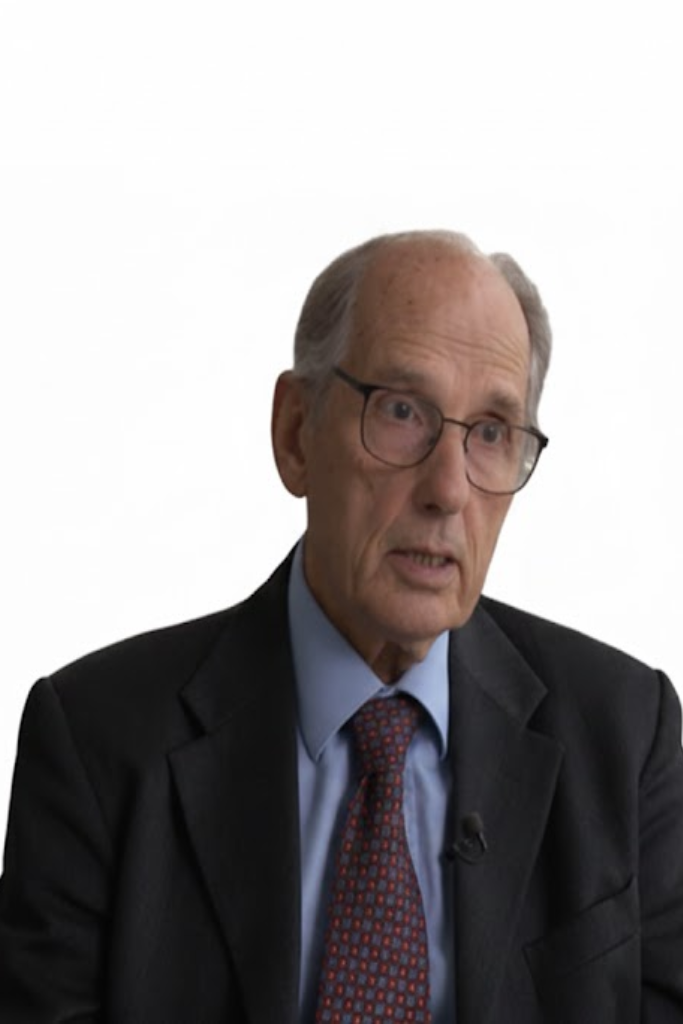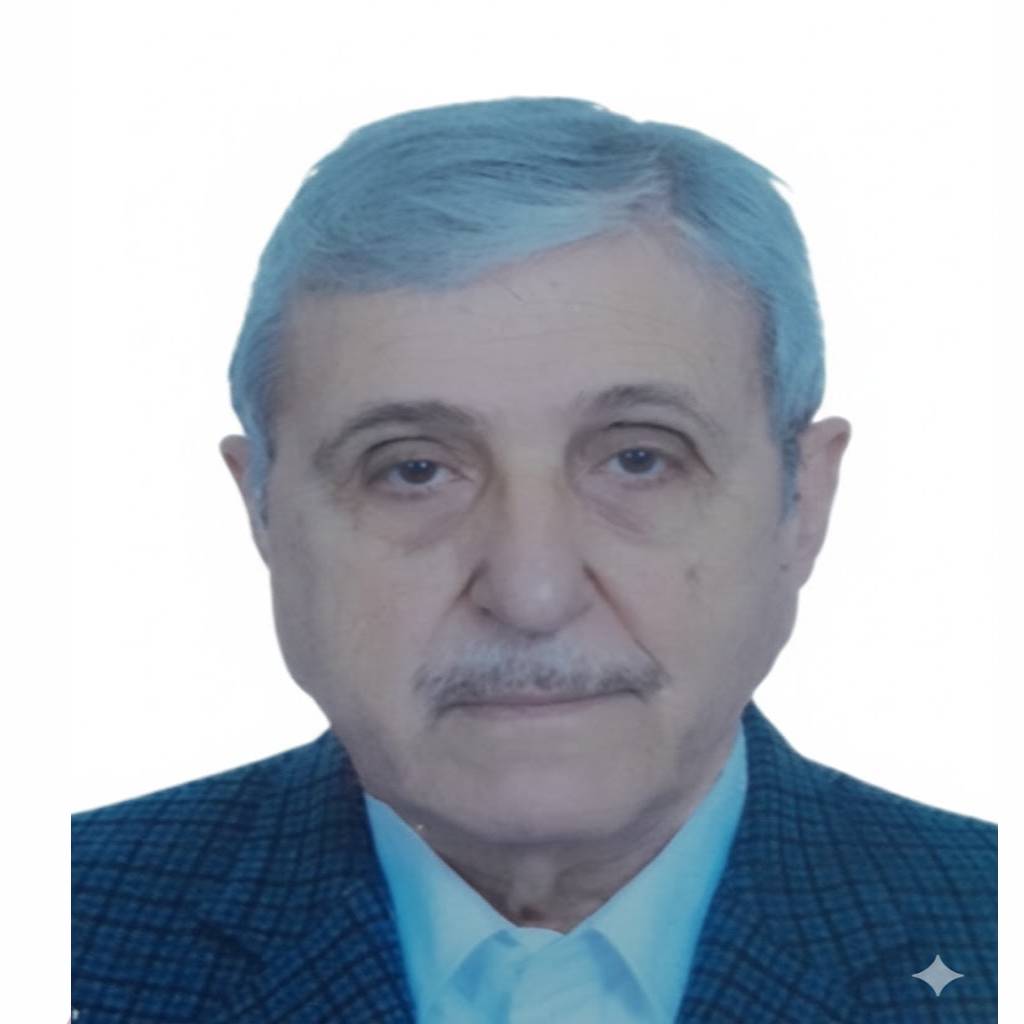Mobilizing Diasporas and Gulf Private Investors for the Reconstruction of Syria and Lebanon
The collapse of the regime of Bashar al Assad in Syria and the election of a new President and Prime Minister in Lebanon have opened a new political and possibly economic development phase in the two countries. In both cases, the Gulf countries are expected to respond rapidly with multiple cooperation initiatives.Beyond agreements at the governmental level, the workshop intends to focus on the potential role of Syrian and Lebanese diasporas, ...
Abstract
The collapse of the regime of Bashar al Assad in Syria and the election of a new President and Prime Minister in Lebanon have opened a new political and possibly economic development phase in the two countries. In both cases, the Gulf countries are expected to respond rapidly with multiple cooperation initiatives.Beyond agreements at the governmental level, the workshop intends to focus on the potential role of Syrian and Lebanese diasporas, in the Gulf as well as in Europe (including Turkey) and the rest of the world. These diasporas are numerically very large (in the case of Lebanon, larger than the resident population in the country itself; in the case of Syria equaling about 50% of the national population according to many estimates), and in many cases economically well integrated in their respective host countries.
Description and Rationale
Context
MENA has been a hotbed of regional conflicts almost without interruption since the end of World War II. Notwithstanding the launch of several regional integration schemes agreed at various points in time between all or some of the region’s governments, very little regional trade integration has taken place. Integration approaches relying primarily on government-to-government agreements systematically fell foul to subsequent political conflicts and have failed to generate appreciable results.
At the beginning of the oil boom era (1970s) it appeared that closer regional integration might be brought about by movement of (largely professionals or skilled) people from the more densely inhabited, but less oil endowed countries to the oil-rich but population poorer countries, notably in the Gulf, in need of professional skills.
The GCC was formed as Gulf-only integration scheme, and its member countries have pursued closer economic ties with the United States, Europe and - increasingly important – Asia, rather than with regional neighbors. The growing influence of Iran over the Assad regime in Syria, the Hizballah in Lebanon, and on successive Iraqi governments after the demise of the Saddam Hussein regime further accentuated the difficulty in relations between the GCC countries and the Levant in particular.
The Syrian civil war that started in 2011 in the wake of the Arab Spring led to a major destruction of the country’s economy and turned half of the population into refugees in neighboring or distant countries, or internally displaced persons. In Lebanon, inability to steer a nationally agreed political course has hindered economic development and led to progressive national decline, culminating in the disastrous explosion of 2’750 tons of ammonium nitrate in the port of Beirut in 2020 with consequent adverse economic repercussions.








